- About Us Show more
- About Us Show more
-

- UNICERT offers quality value-added assessment services bringing consistency, optimisation and efficiency to improve clients’ management systems, with minimal disruption and cost to the operations.
- Find out more
-
- Services Show more
-

Certification
Formally confirming that your products and services meet all trusted external and internal standards.
Learn More
Inspection
Validating the specifications, value and safety of your raw materials, products and assets.
Learn More
Testing
Evaluating how your products and services meet and exceed quality, safety, sustainability and performance standards.
Learn More
Training
Equip your team with the vital training they need to remain at the top of their profession.
Learn More
-
- Services Show more
- Information Show more
- Information
Show more
-

- For more details of UNICERT and accreditation mark information please communicate by email: info@unicertglobal.com
-
- Standards & Industries Show more
- Contacts Show more
-
-
Global Reach
- UNICERT is the industry leader with many regions in the world. Whether your business is local or global, we can ensure your products meet quality, health, environmental, safety, and social accountability standards for virtually any market around the world.

-
-
- Worldwide Show more

pH
UNICERT is the leading inspection body in the area of water quality test for pH and objectives to reduce environmental emission/pollution and enhance environmental performance to the society.
pH:
In chemistry, pH is a scale used to specify how acidic or basic a water-based solution is. Acidic solutions have a lower pH, basic solutions have a higher pH. At room temperature, pure water is neither acidic nor basic and has a pH of 7.
The scale is logarithmic. It is approximately the negative of the base 10 logarithm of the molar concentration (measured in units of moles per liter) of hydrogen ions. More precisely it is the negative of the base 10 logarithm of the activity of the hydrogen ion. At 25 °C, solutions with a pH less than 7 are acidic and solutions with a pH greater than 7 are basic. The neutral value of the pH depends on the temperature, being lower than 7 if the temperature increases. Pure water is neutral (pH 7) at 25 °C. Contrary to popular belief, the pH value can be less than 0 or greater than 14 for very strong acids and bases respectively. Measurements of pH are important in agronomy, medicine, chemistry, water treatment, and many other applications.
The pH scale is traceable to a set of standard solutions whose pH is established by international agreement. Primary pH standard values are determined using a concentration cell with transference, by measuring the potential difference between a hydrogen electrode and a standard electrode such as the silver chloride electrode. The pH of aqueous solutions can be measured with a glass electrode and a pH meter, or an indicator.
Interested Parties including Regulatory Authorities:
- Persons affected by pH
- Industries, Laboratories using/ Generating pH
- Personal and commercial uses of acid or basic chemical
- Private / Govt. Projects to control pH
- Handling and transportation of goods containing pH
- Local Environmental Department/ Authorities
- Local Government Authorities like Municipalities, City Corporation etc.
- Local Law Enforcing Agencies like Police, Magistrate and Regulatory Authorities etc.
Benefit of Monitoring:
By monitoring long-term contamination trends, every country establishes baseline contamination levels, making it possible for early identification of contamination events. Daily events and long term trends are captured and taken step to reduce environmental emission/ pollution and enhance environmental performance of the society.
INSPECTION
ACCREDITATION
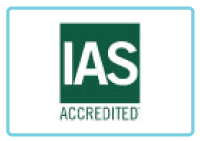
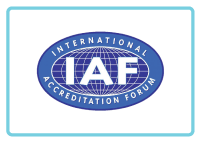

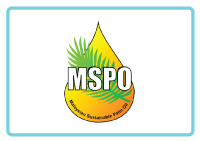


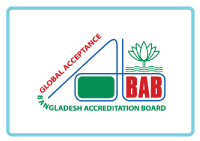

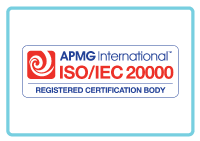
Copyrights © 2020 All Rights Reserved.


